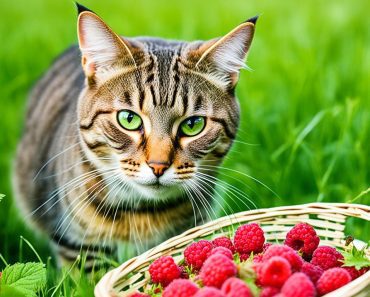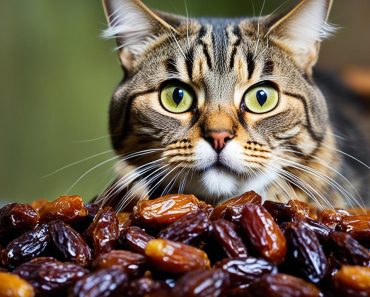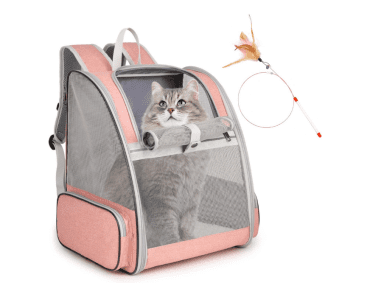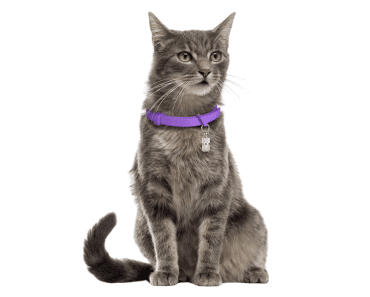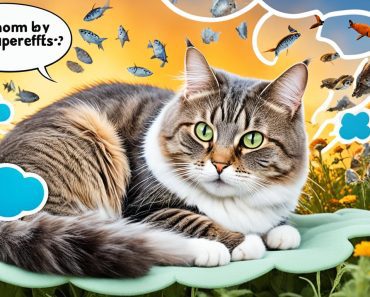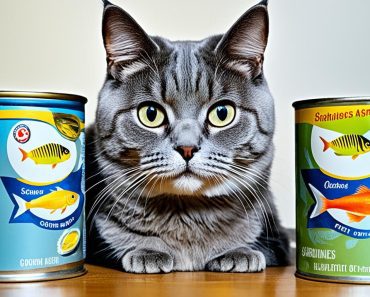Hello, cat lovers! As a pet owner, you may be curious about what foods are safe for your furry friend. One common question that often comes up is whether cats can eat sugar. In this article, I will provide you with important insights into cats and sugar, including the effects of sugar on cats and safe alternatives for their diet.
Can Cats Eat Sugar? Yes, but it is not advisable.
- Cats do not have a taste for sweetness as they lack the necessary taste receptors.
- Sugar consumption can lead to various health issues, such as vomiting, diarrhea, weight gain, and diabetes in cats.
- Certain sweets, like those containing xylitol, chocolate, raisins, and grapes, can be toxic to cats and cause serious health problems.
- Cat nutrition should prioritize a meat-based diet and avoid high levels of carbohydrates found in traditional cat foods.
- Safe alternatives to sugar for cats include small pieces of cooked chicken or turkey without seasonings, cat-approved treats, or their regular cat food.
Can Cats Taste Sweetness?
When it comes to cats and sugar, you may wonder if our feline friends have a sweet tooth. Well, the truth is that cats lack certain proteins needed to taste sweetness as we humans do. While we can savor the sugary delights of desserts and treats, cats have a different experience.
Cats are obligate carnivores, which means their bodies are designed to process meat. They have a limited number of taste buds compared to humans, with only around 500 taste buds. Interestingly, cats have a higher sensitivity to bitter flavors compared to other tastes.
Unlike humans, who have two proteins in their taste buds for sweet tastes, cats only have one. So, while cats do taste something when they consume something sweet, it is not the same experience as we have. Cats do not need to taste or appreciate carbohydrates and sugars. Their taste buds are more focused on identifying and enjoying meaty flavors, which align with their natural diet.
While some cats may show interest in sweet foods, it is likely due to factors other than the sweetness itself. The smell, texture, or fat content of the food may be more appealing to them. So, if your cat shows interest in sweet foods, it’s not because they have a true sense of sweetness like humans do.
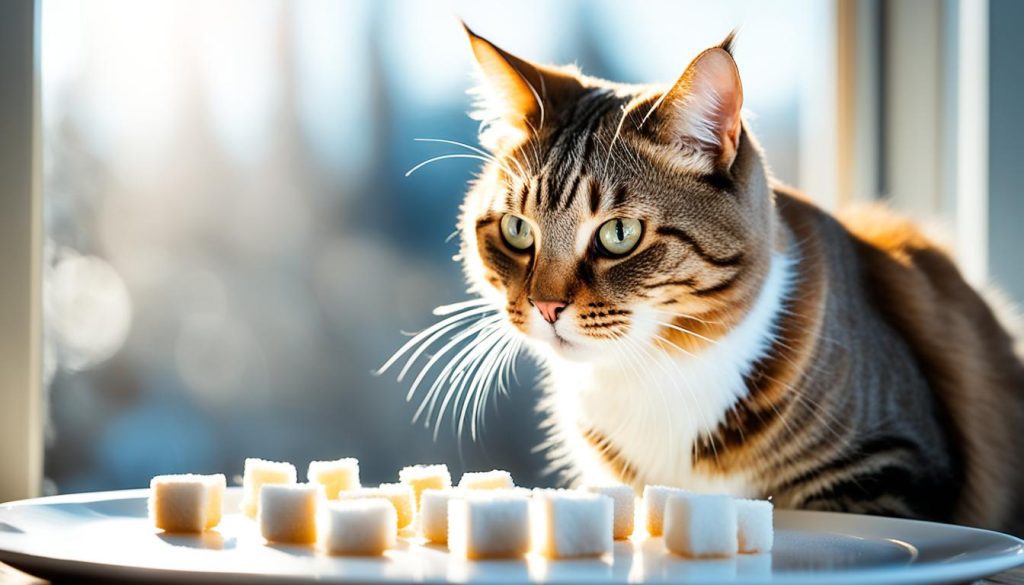
Cat Diet and Sugar
Traditional cat foods often contain high levels of carbohydrates, which can have negative consequences for feline health. However, more and more pet owners and veterinarians are recognizing the importance of a cat’s diet in preventing health conditions such as diabetes and obesity. To mimic their natural carnivorous diet, many experts recommend feeding cats a low-carbohydrate and high-protein diet.
Dry cat foods, while convenient and cost-effective, tend to be rich in carbohydrates. This may not be ideal for cats, as a high-carb diet can lead to weight gain and other health issues. Although some prescription dry foods are formulated to be higher in protein and lower in carbs, it can be challenging and expensive to manufacture a low-carb dry cat food.
A suitable alternative for cat nutrition is canned cat foods, which typically have higher protein content and lower carbohydrate levels. These cat food options provide a more appropriate balance for your feline companion’s dietary needs. Canned cat foods are an excellent choice for pet parents looking to offer their cats a high-protein and low-carb diet. They are readily available in pet stores and are a healthier alternative to traditional dry cat foods.
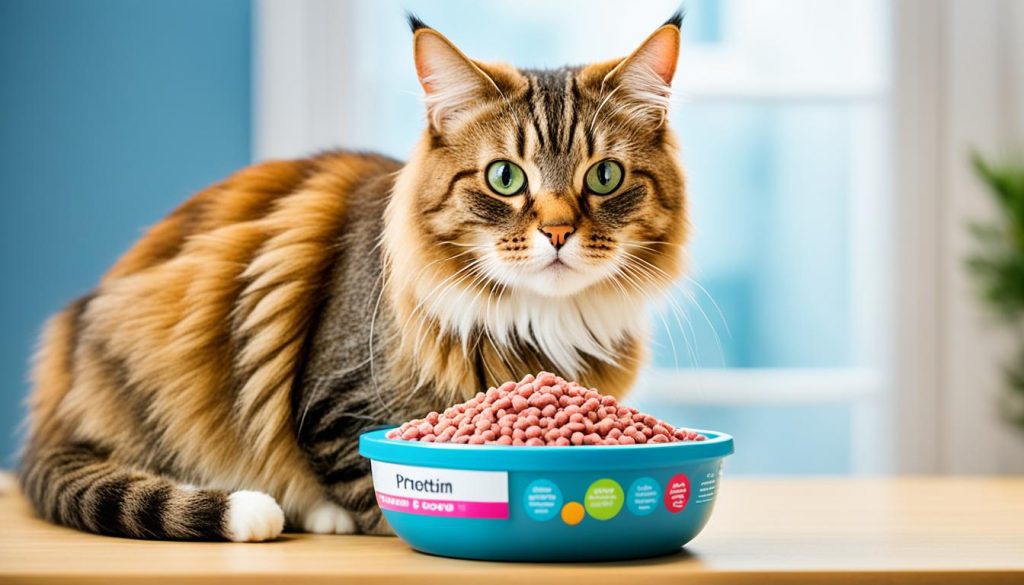
High-protein cat foods are beneficial to cats as they align with their natural dietary requirements. Cats need protein to support their muscles and overall health. Low-carb cat foods are essential to prevent excessive carbohydrate intake, which can contribute to weight gain and other health problems in cats.
When choosing cat food, prioritize options that are labeled as high-protein and low-carb. Reading the ingredient list can also provide helpful insight into the quality and composition of the food. Look for protein sources like real meat or fish listed as the primary ingredients.
By selecting high-protein and low-carb cat foods, you can help support your feline friend’s nutritional needs and overall well-being. Remember, always consult with your veterinarian to determine the most appropriate diet for your cat based on their individual health requirements.
Dangers of Cats Eating Sweet Things
While cats can tolerate small amounts of sugar, it is important to avoid overfeeding them sweet foods. Excessive sugar intake can lead to obesity, diabetes, and other health problems in cats. Some sweets and candy ingredients are toxic to cats, such as xylitol (found in sugar-free gums), chocolate, raisins, grapes, and caffeine. These can cause stomach upset, liver damage, a severe drop in blood sugar, seizures, and even death in cats.
It is crucial to keep sweets out of a cat’s reach and secure trash cans to prevent them from accessing potentially harmful foods. Educating everyone in the household about the dangers of feeding cats sweet treats is essential.
Cats are curious creatures, and they may try to sneak a taste of sweet treats when given the chance, but as responsible pet owners, it’s our duty to protect them from harm. By being vigilant and understanding the risks associated with certain foods, we can ensure the well-being and health of our feline companions.
Common Harmful Foods for Cats:
- Xylitol: This artificial sweetener, often found in sugar-free gums and candies, can cause a fatal drop in blood sugar levels in cats.
- Chocolate: Chocolate contains theobromine, which is toxic to cats and can cause vomiting, diarrhea, rapid breathing, increased heart rate, tremors, and seizures.
- Raisins and Grapes: These fruits can cause kidney failure in cats. Even a small amount can be deadly.
- Caffeine: Beverages like coffee, tea, and energy drinks contain caffeine, which can lead to rapid breathing, heart palpitations, tremors, and seizures in cats.
It’s important to remember that cats have different metabolisms and sensitivities compared to humans. Foods that may be safe for us can be extremely harmful to our feline friends. So, when it comes to treating our cats, it’s best to stick to cat-friendly sweet treats specifically designed for their dietary needs.
Safe Alternatives to Sugar for Cats
When it comes to treating our feline friends, it’s important to choose safe options that still provide enjoyment. Instead of giving cats sugary treats, there are alternative options that can satisfy their taste buds without compromising their health. Here are some cat-approved alternatives to sugar:
- Small pieces of cooked chicken or turkey: Cats are natural carnivores, and offering them small pieces of cooked chicken or turkey can be a delightful and savory treat. Make sure to remove any spices, salt, or sauces before feeding it to your cat.
- Special gourmet treats: Local pet boutiques often have a variety of gourmet treats specially made for cats. These treats are formulated to be both delicious and cat-friendly, providing a safe and satisfying snacking option.
- Stick with your cat’s favorite treat: Sometimes, a cat’s favorite treat or their regular cat food can bring them immense joy and satisfaction. By sticking to their preferences, you can ensure they receive a treat they love while avoiding the potential risks associated with sugary treats.
- Prioritize a balanced diet: Ultimately, the key to keeping your cat happy and healthy is to prioritize a balanced and appropriate diet. Providing your cat with the necessary nutrients through their regular food can be just as enjoyable for them as any sugary treat, without the potential health risks.
Remember, while it may be tempting to spoil our cats with sweet treats, it’s essential to prioritize their well-being. Opting for safe alternatives to sugar ensures that your cat can enjoy tasty snacks while maintaining their overall health and happiness.
Conclusion
After examining the effects of sugar on cats and considering their unique nutritional needs, it becomes clear that feeding them sugar is not recommended for their overall health and well-being. As obligate carnivores, cats require a meat-based diet to thrive, and they do not have a natural taste for sweetness or the ability to efficiently digest sugar.
Excessive sugar consumption can lead to various health issues in cats, including weight gain, diabetes, and oral problems. Additionally, certain sweets and candy ingredients can be toxic to cats and pose even more severe health risks. It is important for pet owners to keep sweets out of their feline companion’s reach and provide them with safe and cat-approved treats and snacks instead.
By prioritizing a balanced and appropriate diet for cats, including high-quality cat food that meets their nutritional requirements, pet owners can promote their cat’s optimal health. Consulting with a veterinarian and following their guidance on cat nutrition can help ensure that cats receive the necessary nutrients without the detrimental effects of sugar. Ultimately, a mindful approach to feeding cats can contribute to their overall longevity and well-being.

